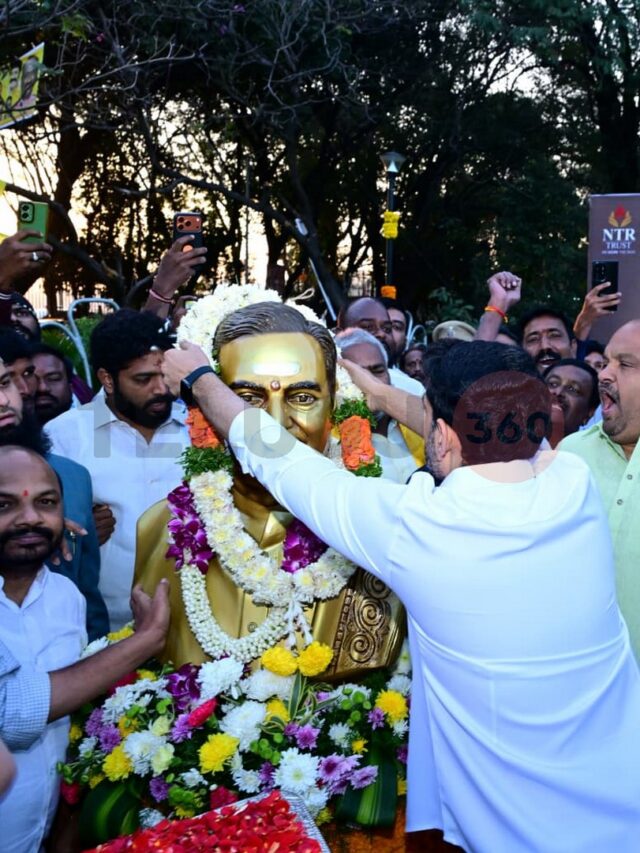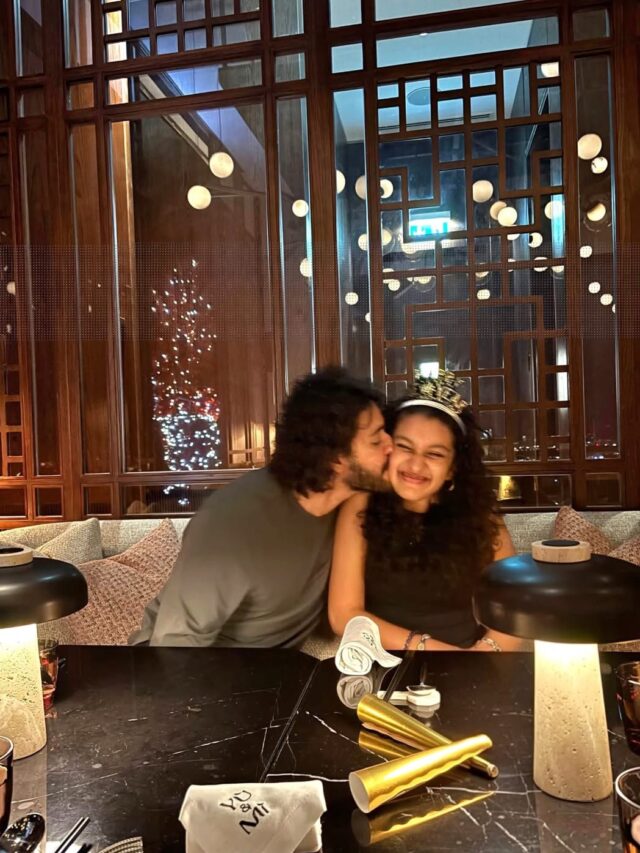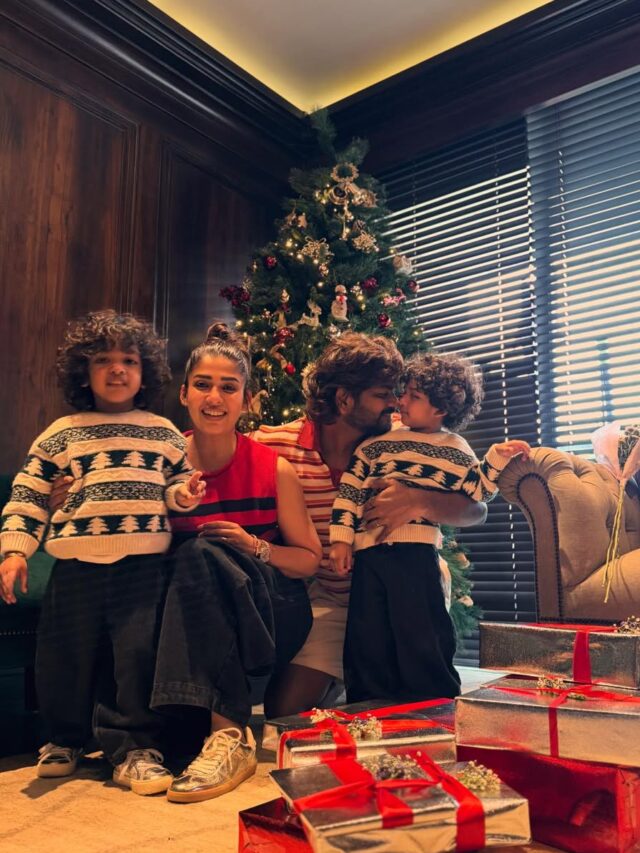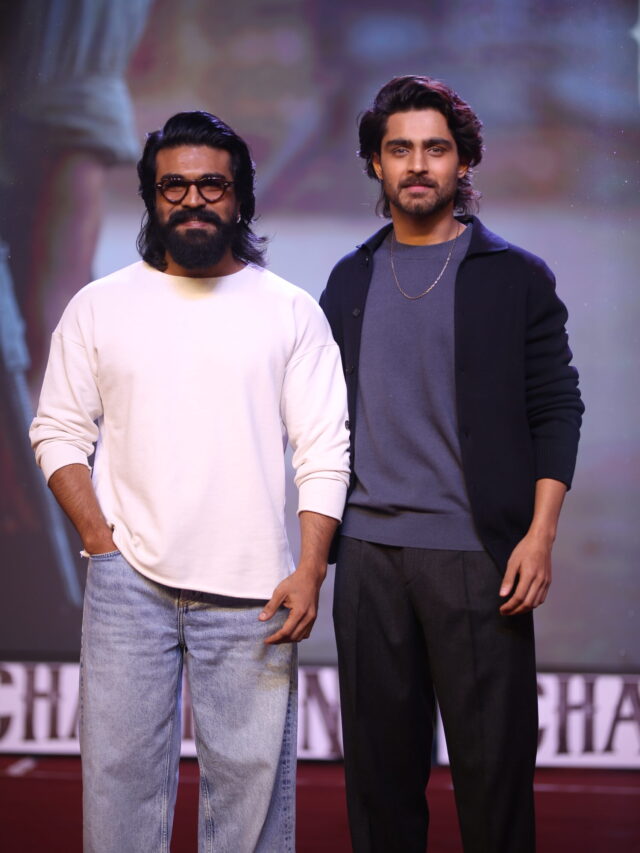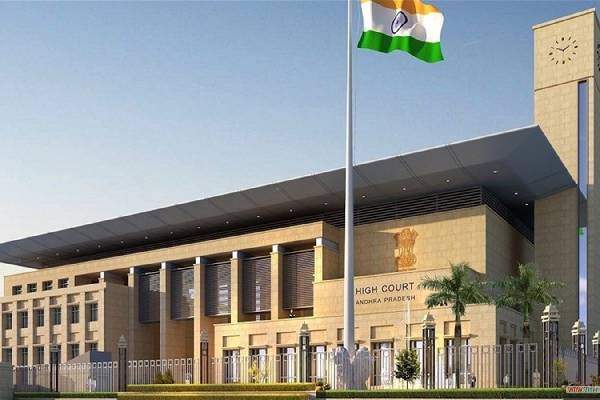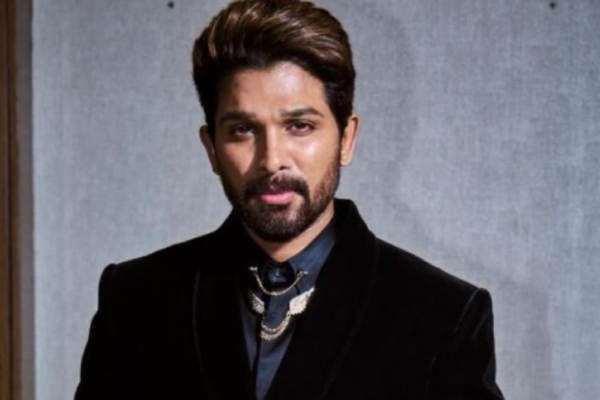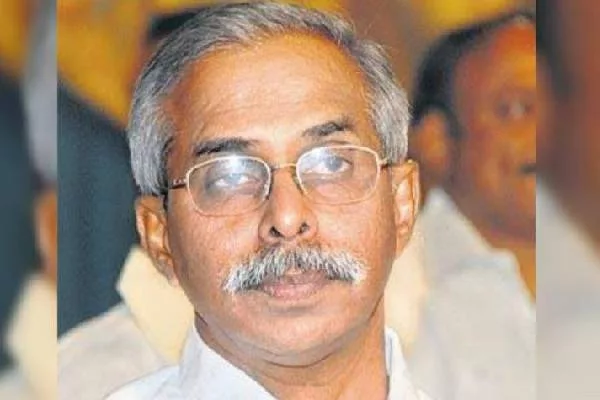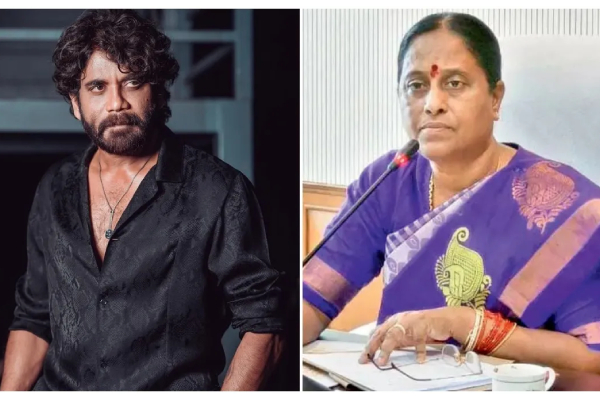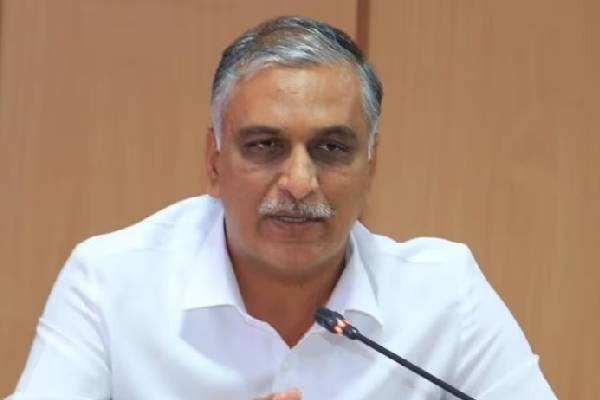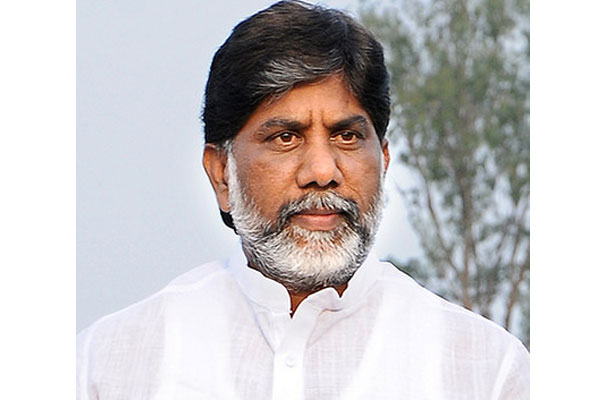Minister Konda Surekha has finally apologised to actor Akkineni Nagarjuna for the controversial remarks she made. Her apology came through a late-night tweet that seemed carefully worded and legally cautious.
She wrote: “I would wish to clarify that the statement I had made in relation to @iamnagarjuna Garu was not intended to hurt Nagarjuna Garu or his family members. I had no intention of hurting or defaming Akkineni Nagarjuna Garu or his family members. I regret any unintended impression given in my statements in relation to them and withdraw the same.”
At first glance, it appears to be a straightforward apology, but when you look closer, one question immediately stands out: why only to Nagarjuna?
The Controversy That Started It All
Back in October 2024, Surekha made sensational comments while criticising BRS working president K. T. Rama Rao. In the same statement, she brought up the names of Samantha Ruth Prabhu and Nagarjuna, suggesting that their personal matters were somehow connected to the political events. The remarks caused outrage because they were seen as insensitive and speculative, involving a respected film family.
Nagarjuna did not take those comments lightly. He filed a defamation case against Surekha, demanding ₹100 crore in damages for maligning his family’s reputation. KTR too initiated a defamation suit over the political part of her remarks.
As the case progressed, members of the Akkineni family appeared before the court and recorded their statements. With the court expected to issue its decision soon, Surekha’s sudden apology seemed timed to reduce legal pressure and to open the door for an out-of-court settlement, possibly.
The Silence Around Samantha
But what caught everyone’s attention was the person missing from her apology — Samantha Ruth Prabhu.
Surekha had taken Samantha’s name explicitly in her 2024 statement, drawing her into a controversy she never asked for. Yet in the minister’s recent apology, there is not a single word about Samantha.
If Surekha’s intention was truly to express regret for hurting anyone through her words, shouldn’t that apology naturally extend to Samantha as well? Samantha did not file a case, did not demand an apology, and chose silence over confrontation. But silence doesn’t mean she wasn’t wronged. Being dragged into a political spat over something as personal as a marriage is never easy, especially for a public figure who has already endured enough public scrutiny.
A sincere apology should not depend on whether someone has gone to court. It should come from an understanding that words can cause pain, and that respect must be shown to everyone affected.
Was It Legal Pressure or Genuine Regret?
The timing and the wording of Surekha’s apology suggest that it might have been prompted more by legal necessity than genuine remorse. The post carefully limits her apology to Nagarjuna and his family, the same people who had filed a defamation suit. It reads more like a formal clarification designed to satisfy legal requirements than an open expression of regret.
Had the court not been involved, would this apology have ever come? That’s the question many are now asking.
What True Accountability Looks Like
Public representatives, especially ministers, are expected to act responsibly with their words. When a statement crosses the line, true accountability lies not only in legal compliance but also in moral acknowledgement. Surekha’s apology could have been a chance to demonstrate that, to show humility, to admit that she was wrong, and to apologise to everyone affected, including Samantha.
An unconditional, all-inclusive apology would have brought genuine closure to the controversy and earned public respect. Instead, this selective statement feels incomplete, as if the words were chosen not from the heart but from a lawyer’s note.
If she truly regrets the remarks made in 2024, she should extend that same apology to Samantha Ruth Prabhu. Only then can it be seen as an act of conscience rather than compulsion.

